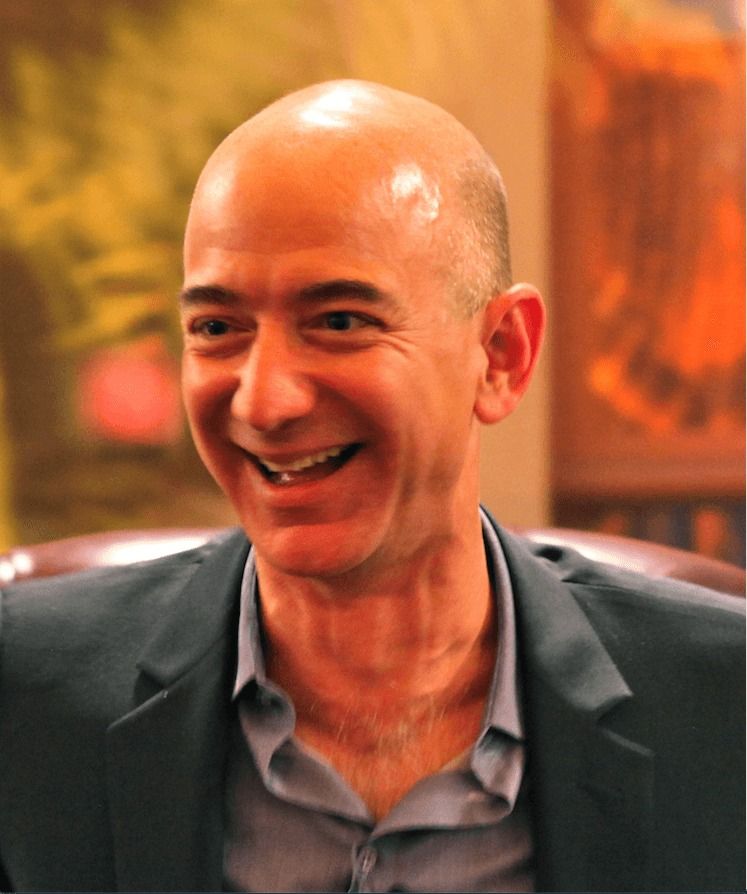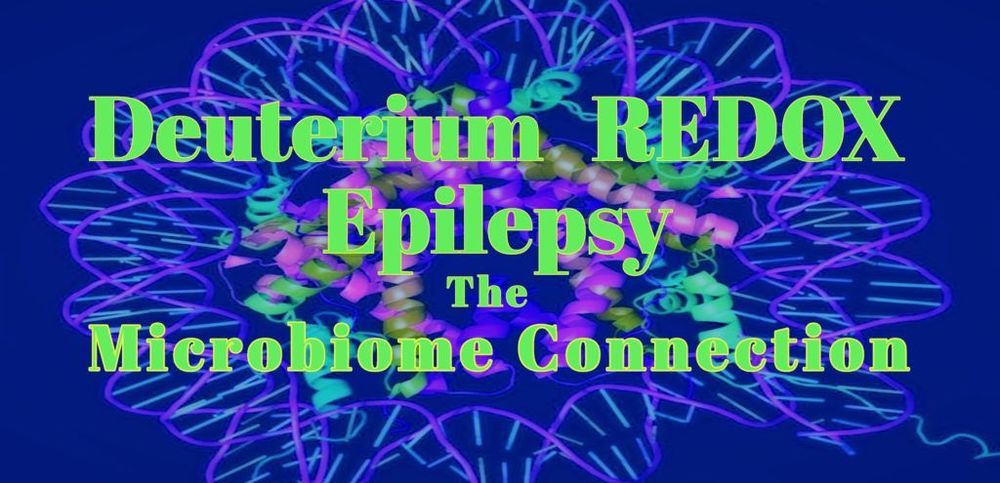Category: health – Page 390
The Coconut Oil Brain Health Connection
The human brain needs a continual supply of fuel. When this continual supply is interrupted brain cells begin to die. In the short-term, this can cause symptoms such as headaches, brain fog, & tiredness. Long-term exposure to environments that deplete sources of brain fuel from effectively getting into the cells leads to neurodegenerative diseases.

World’s richest man cuts health benefits for 1,900 Whole Foods workers
Jeff Bezos, the world’s richest man, is cutting health benefits for part-time workers at Whole Foods. The move will leave 1,900 people without health insurance.
The cuts don’t affect full-time employees, but will hurt those who work around 20 hours a week.
“I am in shock,” said one employee, according to Salon. “I’ve worked here 15 years. This is why I keep the job — because of my benefits.”

Gut Bacteria Enterotype Shows Link to Depression
The first population-level study on the link between gut bacteria and mental health identifies specific gut bacteria linked to depression and provides evidence that a wide range of gut bacteria can produce neuroactive compounds. Jeroen Raes (VIB-KU Leuven) and his team published these results today in the scientific journal Nature Microbiology.[br /][br /].

Bullying And The Shaping of The Adolescent Brain
There has been a continuously increasing volume of data which has demonstrated that victimization, the clinical term for bullying, affects hundreds of millions of children and adolescents which can sometimes last for years and even decades. This is seen as a global health challenge by the World Health Organization and the United Nations. However, researchers maintain there is still a limited understanding of how this act can affect the developing brain physically.
Most of the research into the neurobiological processes that might contribute to these negative health outcomes has occurred in the past decade, much of it focused on bullying’s impact on the body’s stress response system. A paper published last December in the journal Molecular Psychiatry sheds some light on a different area: brain architecture. The trauma stemming from chronic bullying can affect the structure of the brain, according to longitudinal magnetic resonance imaging (MRI) data collected by an international team based at King’s College London. The findings echo previous research, which has demonstrated similar changes in children and adults who experienced what’s known as “child maltreatment” — neglect or abuse by adult caregivers.
Long-term changes to the brain’s structure and chemistry are an indicator “of how sinister bullying is” says Tracy Vaillancourt, a developmental psychologist at the University of Ottawa. Along with others in the field, she is hopeful that studies like the one from King’s College will be a catalyst for further research which could ultimately be used to inform policy decisions and support anti-bullying interventions.

Researchers alter mouse gut microbiomes
Humans choose food based on the way it looks, smells, and tastes. But the microbes in our guts use a different classification system — one that is based on the molecular components that make up different fibers. In a study published September 19 in the journal Cell, investigators found particular components of dietary fiber that encourage growth and metabolic action of beneficial microbes in the mouse gut.
The research aims to develop ways to identify compounds that can enhance the representation of health-promoting members of the gut microbial community. The goal is to identify sustainable, affordable dietary fiber sources for incorporation into next-generation, more nutritious food products.
“Fiber is understood to be beneficial. But fiber is actually a very complicated mixture of many different components,” says senior author Jeffrey Gordon, a microbiologist at the Washington University School of Medicine in St. Louis. “Moreover, fibers from different plant sources that are processed in different ways during food manufacturing have different constituents. Unfortunately, we lack detailed knowledge of these differences and their biological significance. We do know that modern Western diets have low levels of fiber; this lack of fiber has been linked to loss of important members of the gut community and deleterious health effects.”
Alternative Health Science News
Americans are headed down to get this combination and taking it themselves…
https://www.alternativehealthscience.com/exposed-1001-cancer…le-cancer/